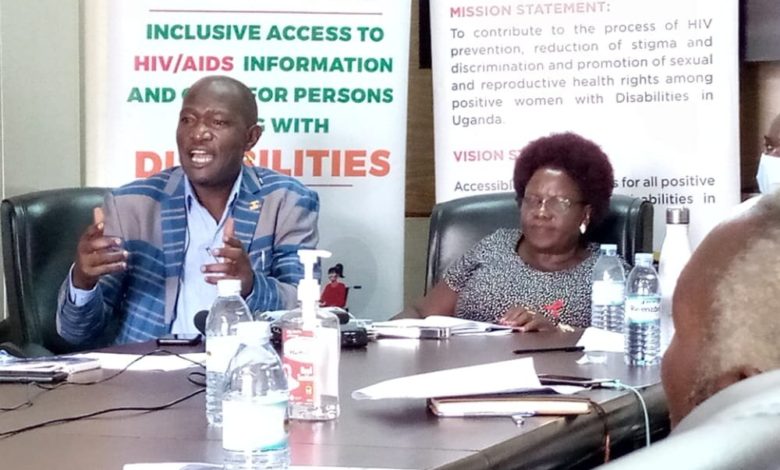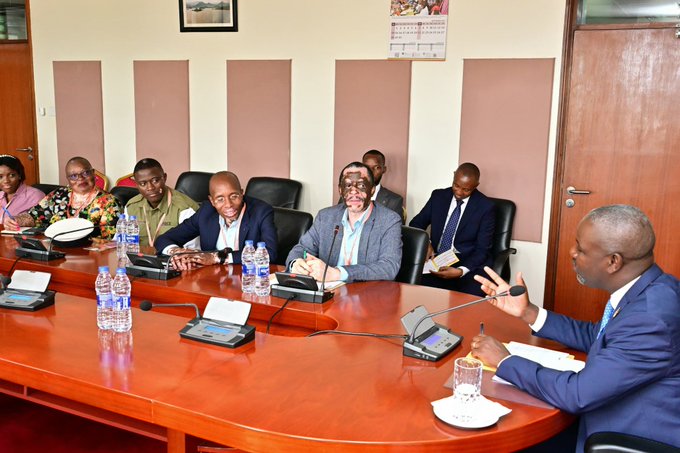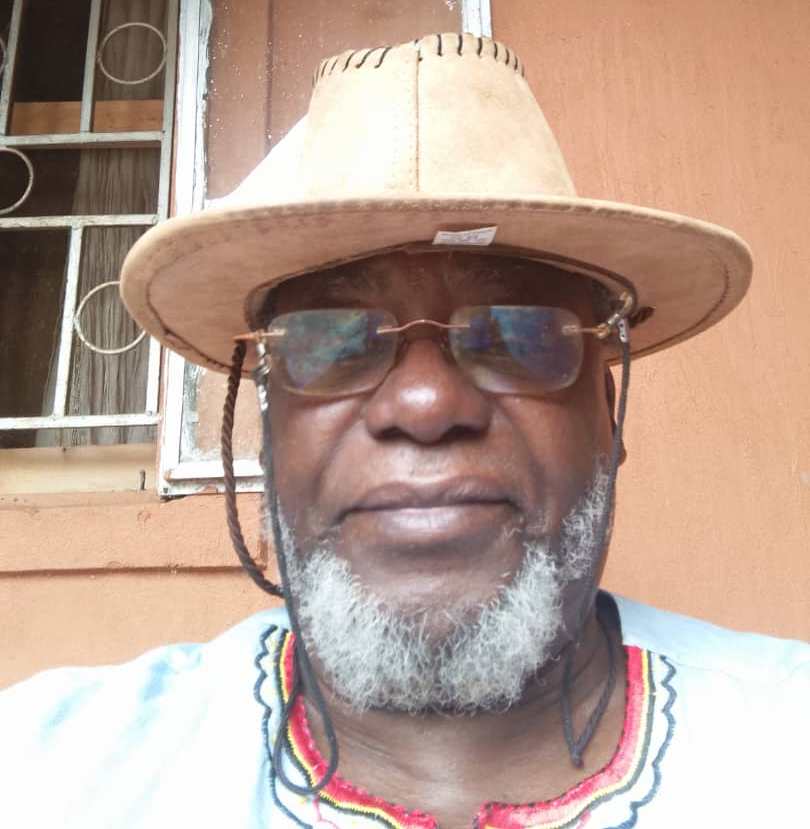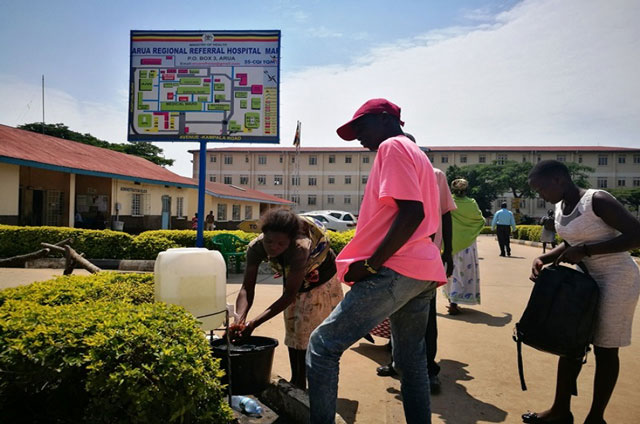Women with disabilities are demanding for government intervention so that they can access HIV services
Positive Women with Disabilities Uganda (POWODU) has asked the government to involve women and girls living with disability and HIV in the formulation of HIV policies and programs.

Positive Women with Disabilities Uganda (POWODU) has asked the government to involve women and girls living with disability and HIV in the formulation of HIV policies and programs.
The organization which is a stakeholder in fighting HIV/AIDS in Uganda says their call comes as a way to amplify the increasing needs of women with disabilities living with HIV issues.
Now, POWODU, an organization formed out of The AIDS Service Organization (TASO), is advocating for their involvement in the making of HIV policies, and plans and when delivering services in communities.
Difficulty accessing HIV services
According to Betty Kwagala, the Executive Director of POWODU, women and girls living with disabilities have unconsciously been left out despite the HIV and disability intersection challenges faced in accessing HIV services.
“The challenges faced are further complemented by a fragmented and uncoordinated community of women with disabilities living with HIV networks and organizations, she said, explaining that while there are networks in place to fight HIV in disabled women, they are not coordinated.
Kwagala says there are undocumented success stories and lessons that can contribute to the betterment of people with disabilities living with HIV.
For women and girls living with HIV to contribute to ending AIDS by 2030, Kwagala says there’s a need for Uganda Aids Commission to assign disabilities a self-coordinating entity status.
Chair at decision-making table
This is the first step she attributes to improving the challenges of addressing issues and needs of people with disabilities and HIV.
“It is only when the issues and needs of women and girls with disabilities are articulated at the highest level of HIV/AIDS decision-making forums by the affected communities that meaningful progress in addressing HIV concerns will be addressed,” Kwagala suggested.
She also noted that funding and implementing partners in the fight against HIV should accord affirmative action to financing disability-specific programs and projects in Uganda.
Interpreters for the deaf
Florence Mukasa, a board member of the Uganda National Association for the Deaf, the number of people living with HIV among the deaf is alarming.
She asked the government to come up with specific interventions such as providing health workers in hospitals with interpreters to help the deaf patients.
Uganda has made considerable progress against the HIV epidemic in recent years. Of the estimated 1.5 million people living with HIV in Uganda in 2019, around 1.3 million were aware of their HIV status and 1.2 million were on treatment.







